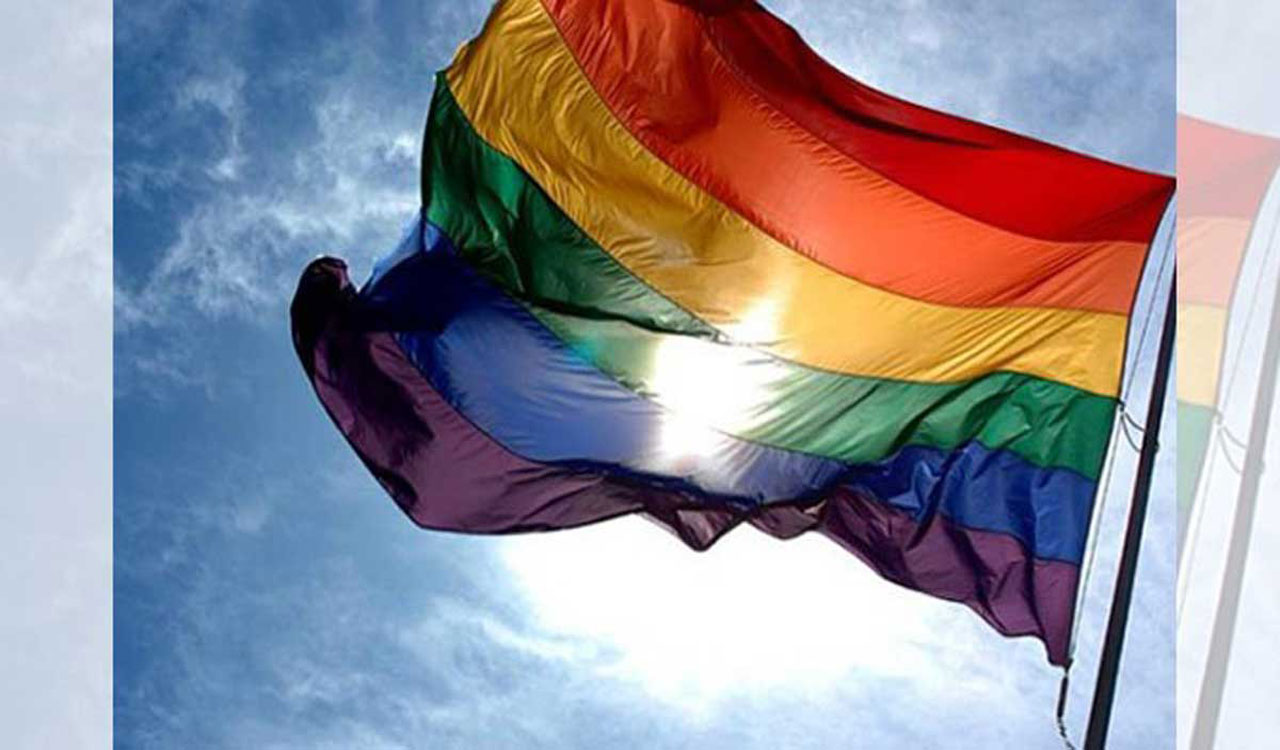It is for Parliament to make laws that facilitate the social union of homosexual couples
Published Date – 11:30 PM, Tue – 17 October 23

For those who expected the Supreme Court to legalise same-sex marriages, the final verdict may have come as a disappointment but the issue involves a complex web of social and administrative matters that are outside the judicial domain. While refusing to legalise the union of queer couples on the ground that Parliament alone can decide on it, the five-judge bench of the apex court, headed by Chief Justice DY Chandrachud, however, directed the Centre to constitute a committee to examine the rights and entitlements of persons in queer union, without legal recognition of their relationship as a marriage. With this, the ball is now in the government’s court to protect the rights of same-sex couples. It is understandable that the court, despite empathising with the LGBTQ cause, has limitations as far as providing a legal framework is concerned. It is for Parliament to make laws that facilitate the social union of homosexual couples. Providing legal recognition to gay marriages means several changes have to be made in the laws pertaining to inheritance, divorce, alimony and adoption. The law as it stands today does not recognise the right to marry or the right of same-sex couples to enter into civil unions. It must be pointed out that the apex court’s landmark verdict in 2018, decriminalising consensual gay sex, was an important milestone in the country’s journey towards upholding individual rights and freedom.
The long struggle by the LGBT community for dignity and self-respect came to fruition when the highest court of the land unanimously decided about five years ago to scrap the colonial-era section 377 of the penal code that punishes people for their sexual orientation. The SC has now rightly ruled that it cannot strike down the provisions of the Special Marriage Act or ‘words cannot be read into it’ to allow same-sex marriages. All five judges were unanimous in holding that there is no unqualified right to marriage and same-sex couples cannot claim that as a fundamental right. With the court clearly drawing the boundaries, it is now the responsibility of the governments to ensure that the queer community is not discriminated against because of their gender identity or sexual orientation, in terms of accessing goods and services, and to take steps to sensitise the public about LGBTQ identity. Though the government and religious leaders have strongly opposed same-sex unions, saying they were against Indian culture, it must be pointed out that same-sex relationships have been recognised from antiquity and that it doesn’t amount to any disorder. As an institution, marriage has, in its long history, served various social purposes and come to be legally recognised and codified. However, these laws regulated only one type of social historical union — the heterosexual union. The time has come to correct the historical injustice against the LGBTQ community.





